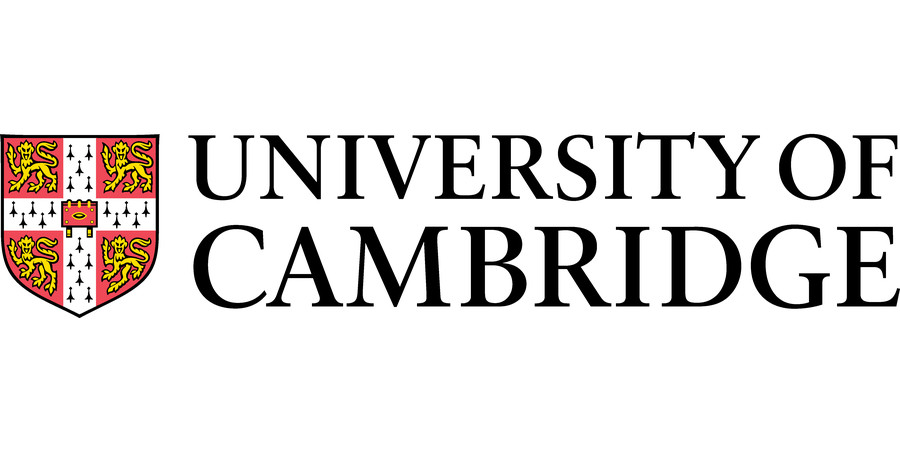Research Assistant (Fixed Term)
University of Cambridge - Department of Physics
| Location: | Cambridge |
|---|---|
| Salary: | £32,546 to £35,116 per annum |
| Hours: | Full Time |
| Contract Type: | Fixed-Term/Contract |
| Placed On: | 15th July 2025 |
|---|---|
| Closes: | 30th July 2025 |
| Job Ref: | KA46621 |
The VISIONLab, led by Prof. Sarah Bohndiek, create and deploy state-of-the-art spectroscopic imaging tools to improve early cancer detection. We are co-located in the Department of Physics and the Cancer Research UK Cambridge Institute at the University of Cambridge, providing us with a direct pathway from initial testing of brand-new hardware, to application in animal models and deployment in proof-of-principle human clinical trials at Addenbrooke's Hospital, accelerating our healthcare impact.
We are seeking a Research Assistant to join our collaborative research environment to advance the development of equitable wearable technologies. Combining optical simulations and experimental studies, the successful candidate will conduct their own research project and support ongoing efforts in the laboratory exploring the limit of detection of transcutaneous and deep tissue imaging. The project is part of a major EPSRC-funded initiative, the Ubiquitous Optical Healthcare Technologies (UbOHTs) Programme Grant, which focuses on developing the next-generation of biosensors for precision health and is a collaboration between the Universities of Cambridge, York, Strathclyde and Exeter. Involvement in the programme grant will provide opportunities for training, networking and developing leadership skills on a national and international scale.
The VISIONLab is seeking a highly motivated and curiosity-driven individual who has completed undergraduate training in computer science, mathematics, or physics. Demonstrable experience in successful delivery of computational research projects and a high level of confidence in Python programming is essential. Practical knowledge of experimental implementation of optical imaging instrumentation and performing the associated data handling and analysis is also essential. Experience in Monte Carlo modelling of light-tissue interactions, an understanding of computational image reconstruction, or experience in biomedical image analysis would also be desirable. It is essential that the individual demonstrate a strong open-science ethos.
You should be able to demonstrate a strong scientific track record including paper, data, and open-source code publication, as well as presentation at international research conferences, commensurate with their research experience. Given the interdisciplinary nature of the laboratory, excellent communication and team working skills are essential. Key responsibilities will likely include: advanced computational modelling and simulation; conducting experimental validation of computational findings; and supporting graduate students and postdoctoral researchers in the laboratory.
For more information on the research of the laboratory, please see http://www.bohndieklab.org.
The successful candidate would ideally start as soon as possible after receiving the offer. Support is provided towards relocation expenses where appropriate.
Fixed-term: The funds for this post are available for 12 months in the first instance.
To apply online for this vacancy and to view further information about the role, please click the 'Apply' button above.
Informal enquiries are welcome and should be directed to molly.bridger@cruk.cam.ac.uk
Please quote reference KA46621 on your application and in any correspondence about this vacancy.
The University actively supports equality, diversity and inclusion and encourages applications from all sections of society.
The University has a responsibility to ensure that all employees are eligible to live and work in the UK.
Advert information
Type / Role:
Subject Area(s):
Location(s):









